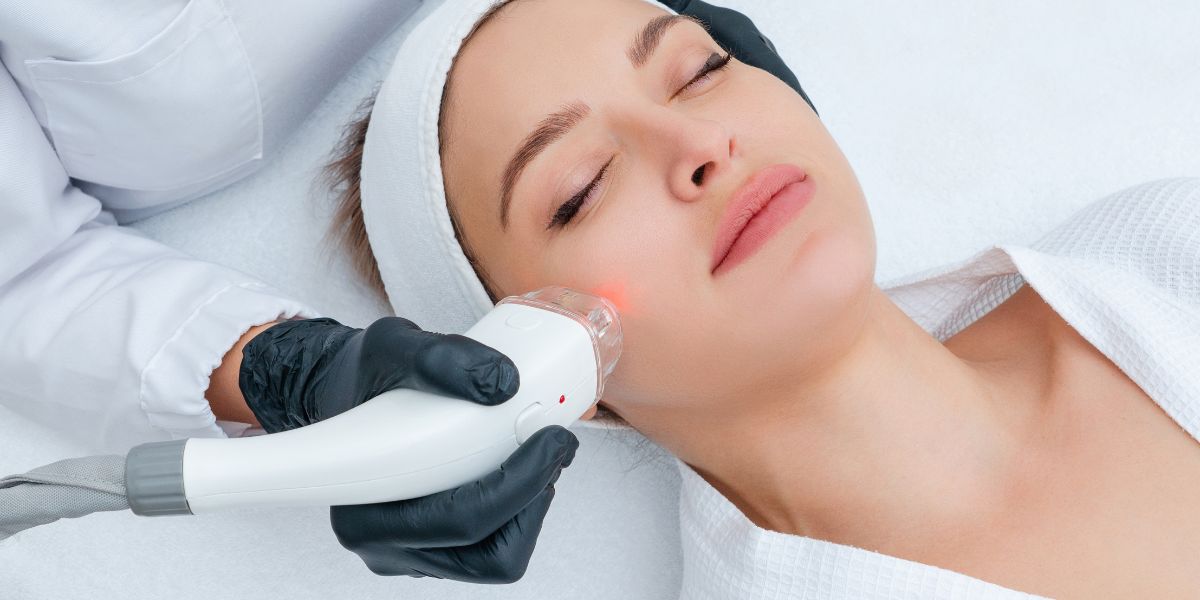
If you're on a quest to conquer acne, knowing which skincare ingredients pack the most punch is crucial. The right blend can make a noticeable difference in your skin's clarity and texture. From powerhouse acne fighters like salicylic acid and benzoyl peroxide to lesser-known gems like niacinamide and sulfur, each ingredient plays a unique role in targeting acne at its root. By understanding the science behind these ingredients, you can make informed choices to build an effective skincare routine that keeps breakouts at bay.
Understanding Acne-Clearing Ingredients
When choosing skincare products to combat acne, understanding the effectiveness of acne-clearing ingredients is crucial. With so many options available, knowing which ingredients actually work can make a significant difference in achieving clear, healthy skin.
One key ingredient to look for is benzoyl peroxide, known for its ability to kill acne-causing bacteria and reduce inflammation. Salicylic acid is another powerhouse ingredient that helps unclog pores and exfoliate the skin, preventing breakouts.
Niacinamide, a form of vitamin B3, can also be beneficial in reducing redness and soothing irritated skin. Additionally, sulfur is effective in reducing oil production and eliminating bacteria that contribute to acne. Tea tree oil is a natural ingredient with antimicrobial properties that can help clear up acne spots.
The Power of Salicylic Acid
To further enhance your understanding of effective acne-clearing ingredients, let's now explore the impressive benefits of salicylic acid in combating breakouts and maintaining clear, healthy skin.
Salicylic acid is a powerhouse ingredient when it comes to treating acne. Its primary function is to exfoliate the skin by penetrating deep into pores, effectively removing excess oil, dead skin cells, and other debris that can clog pores and lead to breakouts. By unclogging pores, salicylic acid helps prevent new acne from forming and promotes clearer skin overall.
Moreover, salicylic acid has anti-inflammatory properties, which can help reduce redness and swelling associated with acne lesions. It also assists in balancing oil production, making it especially beneficial for individuals with oily skin prone to breakouts.
Incorporating skincare products containing salicylic acid into your routine, such as cleansers, toners, or spot treatments, can significantly improve acne-prone skin by targeting existing blemishes and preventing future ones, ultimately leading to a clearer, healthier complexion.
Harnessing the Benefits of Benzoyl Peroxide
Unlock the potential of benzoyl peroxide in your fight against acne with its powerful antibacterial properties and ability to target acne-causing bacteria effectively. Benzoyl peroxide works by penetrating the skin and introducing oxygen into the pores, creating an inhospitable environment for the bacteria that cause acne. This ingredient not only helps to kill the bacteria present on the skin's surface but also deep within the pores, reducing inflammation and preventing future breakouts.
When incorporating benzoyl peroxide into your skincare routine, start with a lower concentration to prevent potential irritation and dryness. Gradually increase the strength as your skin adjusts. It's essential to use benzoyl peroxide as directed, typically once or twice daily, and always follow up with a moisturizer to keep the skin hydrated and balanced.
Exploring the Role of Retinoids
Explore how retinoids play a crucial role in combating acne by promoting skin cell turnover and preventing clogged pores. Retinoids, such as prescription-strength tretinoin or over-the-counter retinol, work by accelerating the shedding of dead skin cells. This process helps prevent pores from becoming clogged with sebum and debris, a common precursor to acne breakouts. By increasing cell turnover, retinoids also aid in fading acne scars and promoting smoother skin texture.
Additionally, retinoids have anti-inflammatory properties that can help reduce redness and swelling associated with acne lesions. They work to unclog pores and prevent new blockages, ultimately leading to fewer breakouts over time. It's important to note that retinoids can cause skin sensitivity, dryness, and peeling, especially when first starting treatment. To mitigate these effects, start with a lower concentration and gradually increase frequency as your skin adjusts. Always use sunscreen during the day when using retinoids, as they can increase sun sensitivity.




